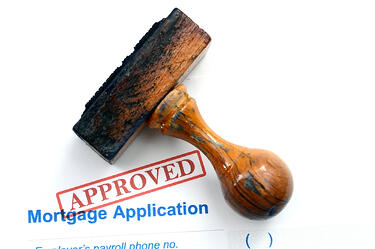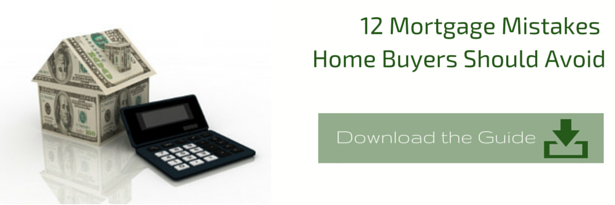Many potential Massachusetts home buyers may have heard the recent news that the Federal Housing Administration (FHA) reduced cost of private mortgage insurance (PMI), but there are two other important things to know about PMI as it applies to FHA mortgages.
 FHA Has Two Types of PMI
FHA Has Two Types of PMI
While FHA has reduced the cost of the monthly PMI – sometimes referred to as the annual fee by mortgage professionals – by about $42 per month for every $100,000 borrowed, FHA still charges borrowers 1.75 percent of the loan amount in what is called up-front PMI. The 1.75 percent adds a significant amount of money to the total cost of borrowing. For example, the up-front PMI adds $5,250 in closing costs on a $300,000 loan. The cost is rolled into the amount of money borrowed at the time of closing.
FHA PMI Never Goes Away
In addition, the PMI paid monthly does not go away once the borrower reaches 20 percent in equity with a FHA mortgage as it does with other mortgage loans. Homeowners have the option of refinancing once they have 20 percent or more equity in their home in order to remove the PMI; however, mortgage interest rates are at historic lows right now. Refinancing a mortgage several years from now might result in the borrower taking on a loan with a much higher interest rate, thus negating the savings gained by removing the PMI.
Alternatives to FHA Mortgages
The bottom line is that FHA mortgages can be quite expensive relative to other home loan programs. In Massachusetts, unless a potential home buyer has a low credit score, other low down payment loan programs, such as MassHousing and the One Mortgage, are probably better options.






